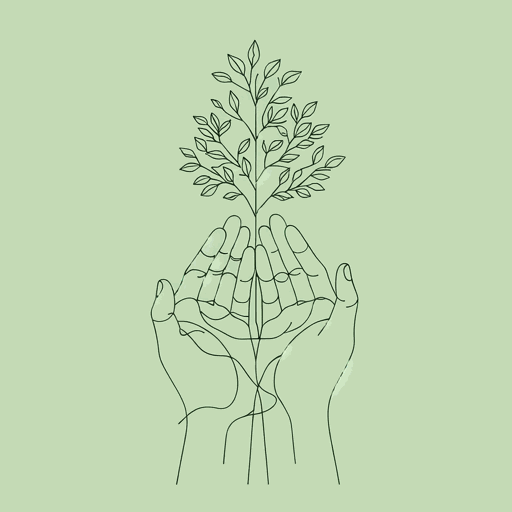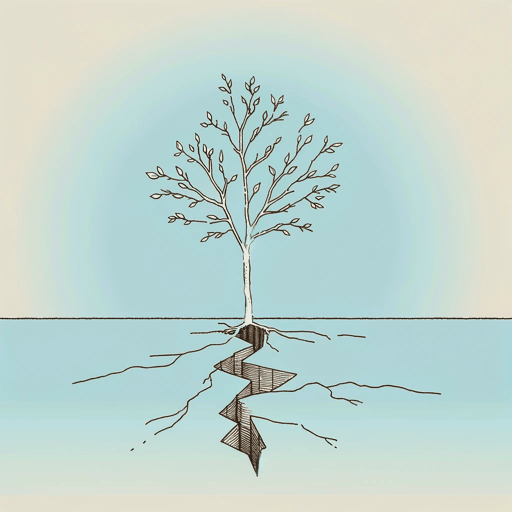65 pages • 2 hours read
Rebecca SolnitOrwell's Roses
Nonfiction | Biography | Adult | Published in 2021A modern alternative to SparkNotes and CliffsNotes, SuperSummary offers high-quality Study Guides with detailed chapter summaries and analysis of major themes, characters, and more.
Part 5Chapter Summaries & Analyses
Part 5: “Retreats and Attacks”
Part 5, Chapter 1 Summary: “Enclosures”
Solnit discusses the sociopolitical importance of gardens. While gardens aren’t often considered political, she posits, they reflect their custodians—and identity itself is always entangled with political questions and cultural markers. She examines the contrast between the highly ordered gardens of Europe and the increasing trend toward naturalness that emerged in England in the latter half of the 18th century. This trend underscored the claims that the aristocracy made on the land. Coupled with the enclosure acts, which turned previously public spaces into privately held areas, these land claims made nature less accessible to most of the English population. Thus, many people within the lower classes moved to urban areas and provided the labor necessary for the Industrial Revolution.
Symbolically, the aristocratic claims to nature had the effect of naturalizing the unequal social order. Solnit acknowledges that during Orwell’s lifetime, nature was not widely considered a political subject; she counters that even if it wasn’t seen as such, nature was certainly a point of political tension—even ignoring its political significance is, in a sense, taking a particular political stance. This is reflected in current trends wherein privileged (usually white) people yearn to return to their rural roots: “[T]he yearning to be more rugged, more rustic, more rough, more scruffy, is often a white and a white-collar yearning” (155).
Related Titles
By Rebecca Solnit

A Paradise Built in Hell: The Extraordinary Communities That Arise in Disaster
Rebecca Solnit

Hope In The Dark: The Untold History of People Power
Rebecca Solnit

Men Explain Things To Me
Rebecca Solnit

River of Shadows
Rebecca Solnit

The Faraway Nearby
Rebecca Solnit
Featured Collections
Beauty
View Collection
Books About Art
View Collection
Books & Literature
View Collection
Contemporary Books on Social Justice
View Collection
Earth Day
View Collection
National Book Critics Circle Award...
View Collection
Philosophy, Logic, & Ethics
View Collection
Politics & Government
View Collection
Popular Study Guides
View Collection
Truth & Lies
View Collection

